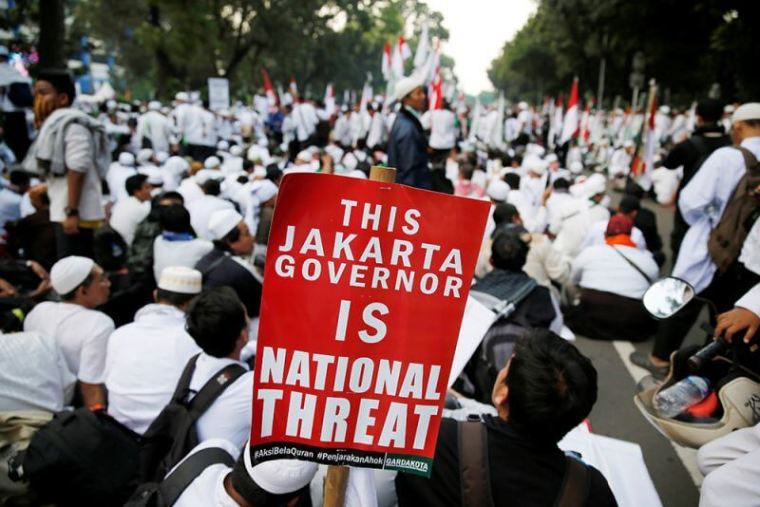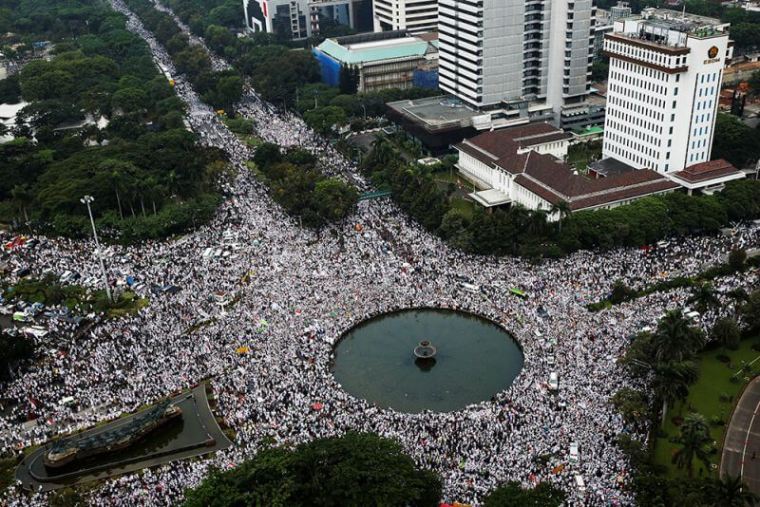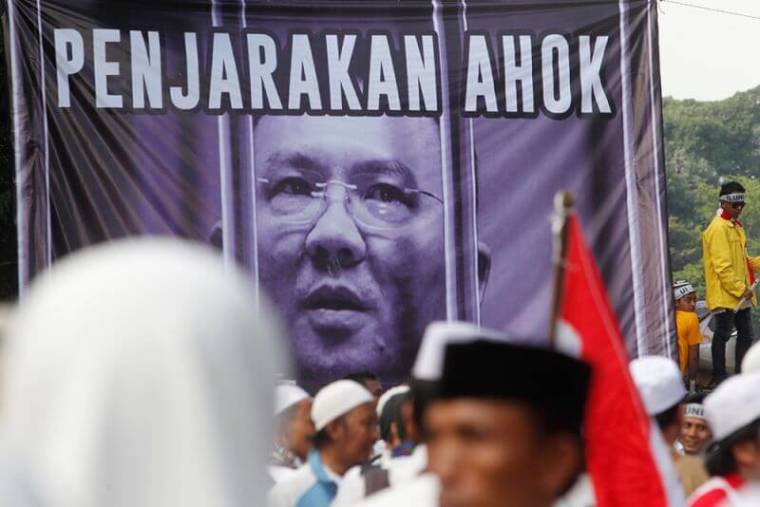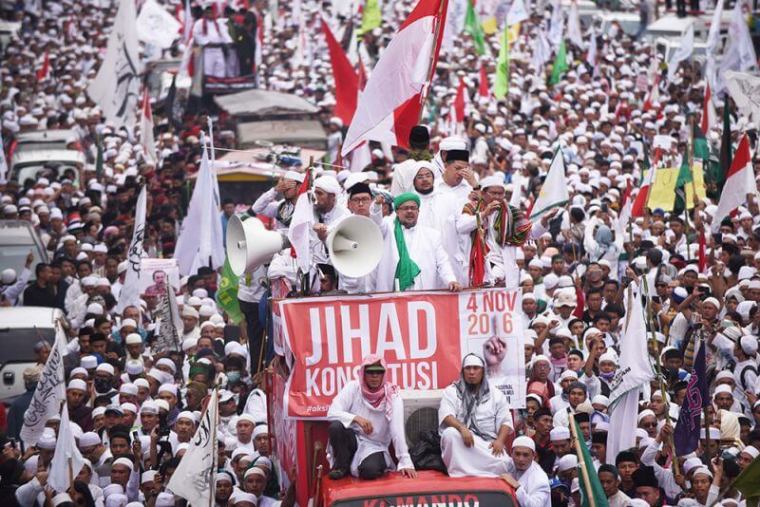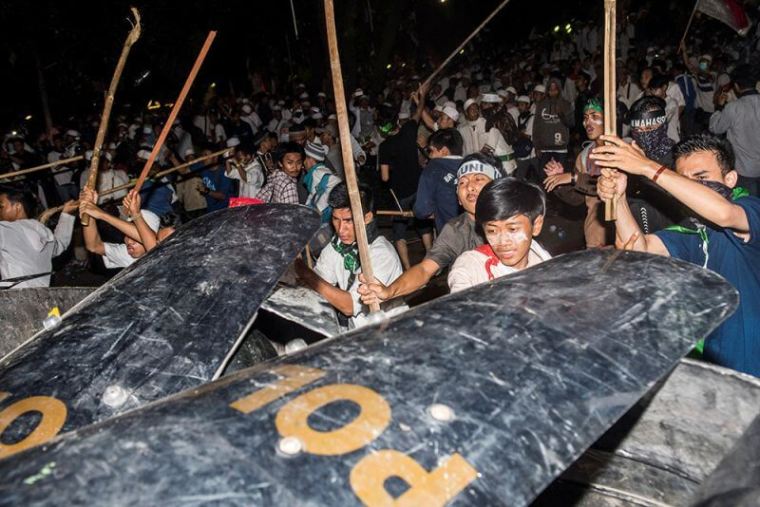Christian Gov. of Jakarta Facing Blasphemy Charge After 100,000 Protesters Claim He Insulted Islam
Police in Indonesia have charged the Muslim-majority country's only Christian governor, Basuki Tjahaja Purnama, who is popularly known as "Ahok," with blasphemy based on a complaint filed by Muslim groups after the official challenged an interpretation of a verse in the Quran that says Muslims cannot vote for a non-Muslim candidate.
Ahok, a Christian and member of Indonesia's ethnic Chinese community, is the governor of Jakarta, the capital of Indonesia, which is home to the world's largest Muslim population. His rivals in the coming gubernatorial election are Muslim.
Ahok was declared a suspect in the blasphemy case this week, about 10 days after hundreds of thousands of conservative Muslims held a rally to demand his prosecution, according to The Jakarta Post. The official, who has the backing of Indonesian President Joko Widodo, who is affectionately known as "Jokowi," challenged the interpretation of a verse in the Quran that says Muslims cannot vote for a non-Muslim candidate, about two months ago.
Ahok explained he didn't mean to insult the Quran. "I apologize to all Muslims and to anyone offended by my statement. I never intended to insult Islam or the Quran," he said Monday, according to the Post.
A video posted on social media, which showed Basuki saying no one should manipulate verses from the Quran for political gains, "was reportedly edited by Buni Yani (a Facebook user and a university lecturer) to show the governor discrediting a verse from the Islamic holy book during a meeting with local residents," says Jakarta Globe.
Ahok had been misquoted. The video makes it look as if the governor had said, "You've been lied to by the 51st verse of the (Quran's) Al-Maidah chapter," while what he had actually said, "You've been lied to by [people] misquoting the 51st verse of the Al-Maidah."
"By declaring Ahok a suspect the police appear to have capitulated to the protesters' demands against such a controversial, flimsy and highly politicized case," reads an op-ed published in the Post.
Ahok was appointed the governor of Jakarta in November 2014 after then Governor Jokowi was elected as president. Ahok was Jokowi's deputy at the time. Even during Jokowi's presidential campaign, extremist groups called for voters to oppose Jokowi to prevent the Christian official from becoming governor.
Human rights group have criticized Indonesian police for charging Ahok.
"By carrying out a criminal investigation and naming Ahok as a suspect, the authorities have shown they are more worried about hard-line religious groups than respecting and protecting human rights for all," Rafendi Djamin, Amnesty International's director for Southeast Asia and the Pacific, said in a statement. "Among the police, opinion is divided on whether the case should proceed, showing that the decision to open an investigation against Ahok is a controversial step."
"This is going to be another setback for Indonesia," said Andreas Harsono, of Human Rights Watch. "The progress that Indonesia has seen since the fall of Suharto is going to regress again."
The country's largest Muslim organization, Muhammadiyah, which is not an extremist group, had initially accused Ahok of religious defamation after the video surfaced. However, it called for calm and tolerance after massive protests followed.
While the majority of the people in Indonesia are known to be tolerant and moderate, there are several extremist Islamist groups in the country. According to the Human Rights Watch, more than 1,000 churches in the archipelago have been closed over the last decade due to pressure from such groups.










